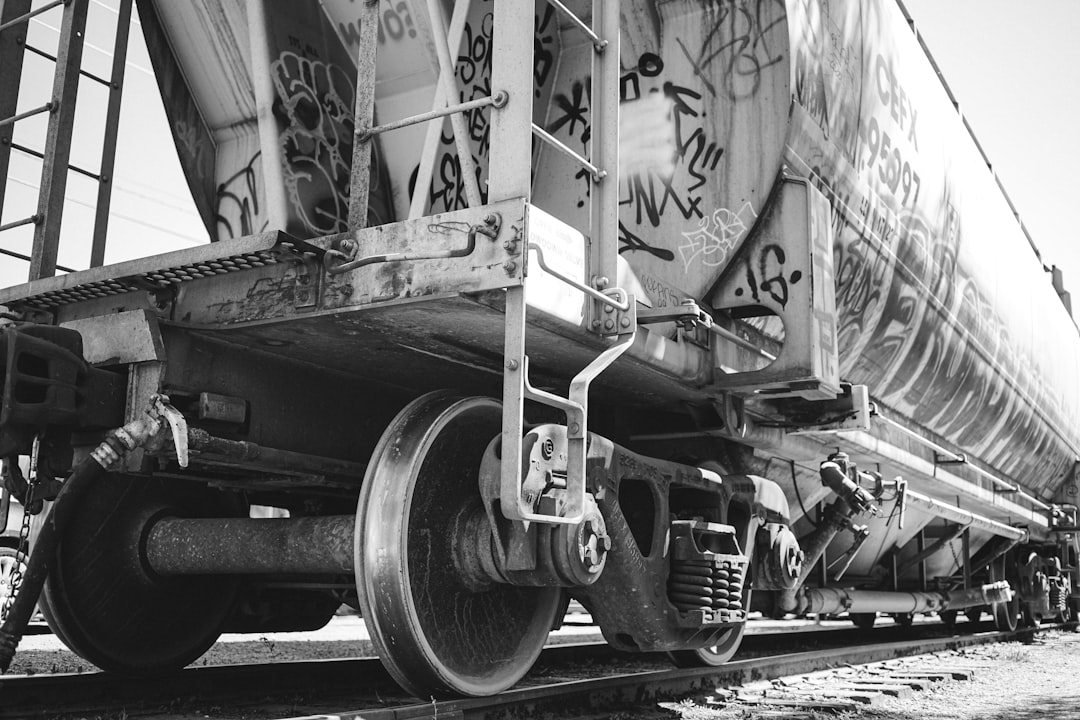The steel industry, a cornerstone of global infrastructure and manufacturing, relies heavily on efficient and robust supply chain management (SCM). From the extraction of raw materials to the delivery of finished products, every stage requires meticulous planning, coordination, and optimization. This blog post delves into the intricacies of steel SCM, exploring the challenges and opportunities that shape this critical sector.
Sourcing Raw Materials: The Foundation of Steel Production
The journey of steel begins with the sourcing of raw materials, primarily iron ore, coal, and limestone. Securing a reliable and cost-effective supply of these materials is paramount. This involves establishing strong relationships with mining companies, negotiating favorable contracts, and managing potential disruptions caused by geopolitical events, natural disasters, or fluctuating market prices. Effective forecasting and inventory management are crucial to mitigate risks associated with raw material shortages. Companies increasingly utilize advanced analytics to predict demand and optimize procurement strategies, ensuring a steady flow of raw materials to support production.
Steel Production and Manufacturing: Optimizing the Process
The transformation of raw materials into steel is a complex and energy-intensive process involving several stages, including ironmaking (blast furnaces or direct reduction), steelmaking (basic oxygen furnaces or electric arc furnaces), and continuous casting. SCM plays a critical role in optimizing this process by ensuring the timely availability of raw materials, managing energy consumption, and minimizing waste. Real-time monitoring of production parameters, coupled with data analytics, allows for proactive identification and resolution of bottlenecks, improving efficiency and reducing production costs. Furthermore, integrating sustainable practices into the production process is becoming increasingly important, with companies focusing on reducing carbon emissions and improving resource efficiency.
Logistics and Transportation: Delivering Steel Efficiently
Once steel is produced, efficient logistics and transportation are essential to deliver it to customers on time and in good condition. This involves coordinating various modes of transportation, including rail, road, and sea, depending on the distance and volume of steel being shipped. Optimizing transportation routes, managing fleet operations, and leveraging technology such as GPS tracking and real-time visibility systems are crucial for minimizing transit times, reducing transportation costs, and improving delivery reliability. Furthermore, effective warehousing and inventory management are essential to ensure the smooth flow of steel from the production facility to the end customer.
Inventory Management: Balancing Supply and Demand
Managing inventory effectively is a critical aspect of steel SCM. Maintaining optimal inventory levels requires a delicate balance between meeting customer demand and avoiding excessive storage costs. This involves utilizing sophisticated inventory management systems, forecasting demand accurately, and employing strategies such as just-in-time (JIT) inventory management to minimize holding costs. Data analytics plays a crucial role in predicting demand fluctuations and optimizing inventory levels, ensuring that the right amount of steel is available at the right time and place. Furthermore, effective inventory tracking and management systems help prevent stockouts and minimize waste due to obsolescence or damage.
Technology’s Role in Modern Steel Supply Chain Management
Technology is rapidly transforming the steel industry’s supply chain. The adoption of digital technologies, such as blockchain, IoT (Internet of Things), AI (Artificial Intelligence), and advanced analytics, is improving transparency, efficiency, and traceability throughout the supply chain. Blockchain technology can enhance traceability and security by providing a secure and transparent record of steel’s journey from raw material sourcing to final delivery. IoT sensors can monitor real-time conditions of inventory, equipment, and transportation, providing valuable data for optimizing operations. AI-powered predictive analytics can forecast demand, optimize inventory levels, and improve decision-making throughout the supply chain. The integration of these technologies is crucial for enhancing the resilience, efficiency, and sustainability of the steel industry’s supply chain.
In conclusion, mastering supply chain management is crucial for success in the competitive steel industry. By focusing on optimizing each stage of the supply chain, from raw material sourcing to final delivery, and leveraging the power of technology, steel companies can improve efficiency, reduce costs, enhance sustainability, and build a more resilient and responsive supply chain for the future.
Tags: steel supply chain, steel industry, supply chain management, steel logistics, steel production




